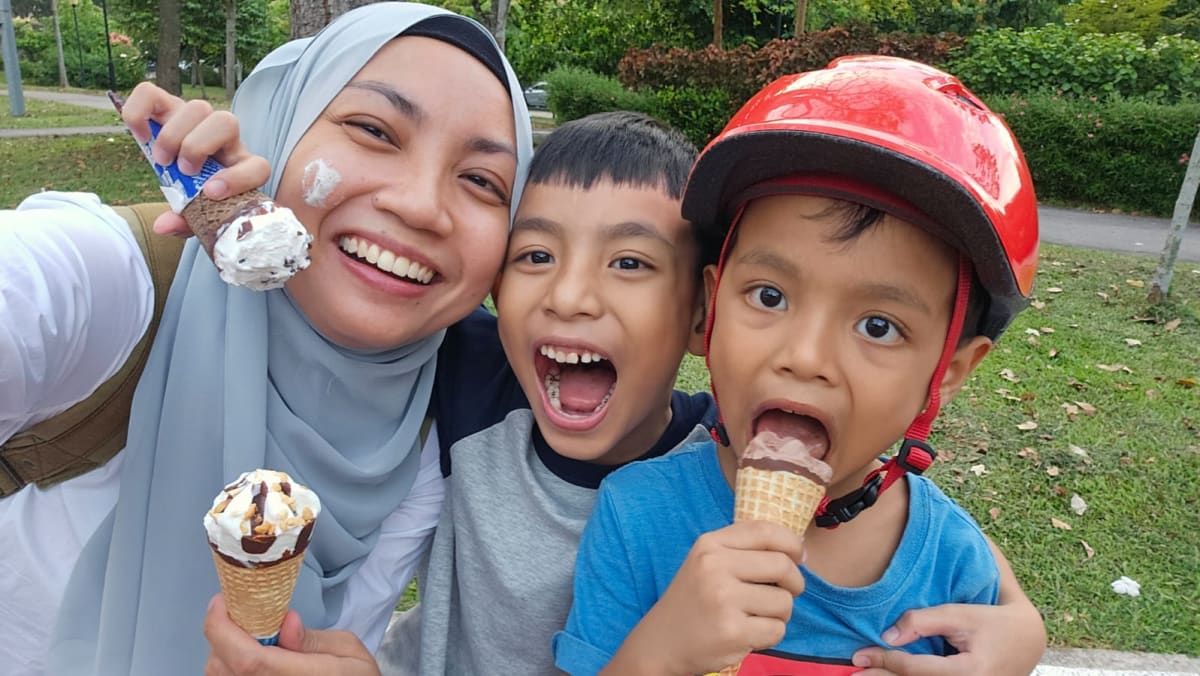When Ibrahim started primary school last year, Naadira forgot to mention her late husband’s passing to his new teachers.
“My son had to painfully educate his teacher that his father had died during an in-class conversational exercise about how the students went to school. His teacher casually asked, ‘So Ibrahim, does your father send you to school before he goes to work?’” she said.
“He just replied, ‘Oh, he passed away.’ When he told me, I asked how that was for him, and he was like, ‘It was okay, I guess she didn’t know.’”
Even after teachers knew, “there was still a certain distance in talking about death”, added Naadira.
When Ibrahim was appointed class monitor last year, she expressed her concerns to his form teacher about the additional responsibility as she believed he was already having a hard time. The teacher reassured her, saying, “Despite what happened, he’s one of the most emotionally mature seven-year-olds I’ve ever met in my life.”
Curious, Naadira replied: “What do you mean ‘despite what happened’?”
The teacher repeated: “You know, despite what happened to him in his life.”
“She was so uncomfortable she didn’t want to say it. So I said it for her: ‘Oh, you mean despite the fact that his father has just died?’” recalled Naadira. “I just wanted to say that, because at that point, nobody had said my husband’s name in months. It’s like he never existed.”
The teacher then uttered “yeah, that” in response, Naadira added. “You could really feel her discomfort.”
But Naadira is no stranger to having the people around her sidestep grief. When her husband was alive, he avoided talking about his imminent death too.
